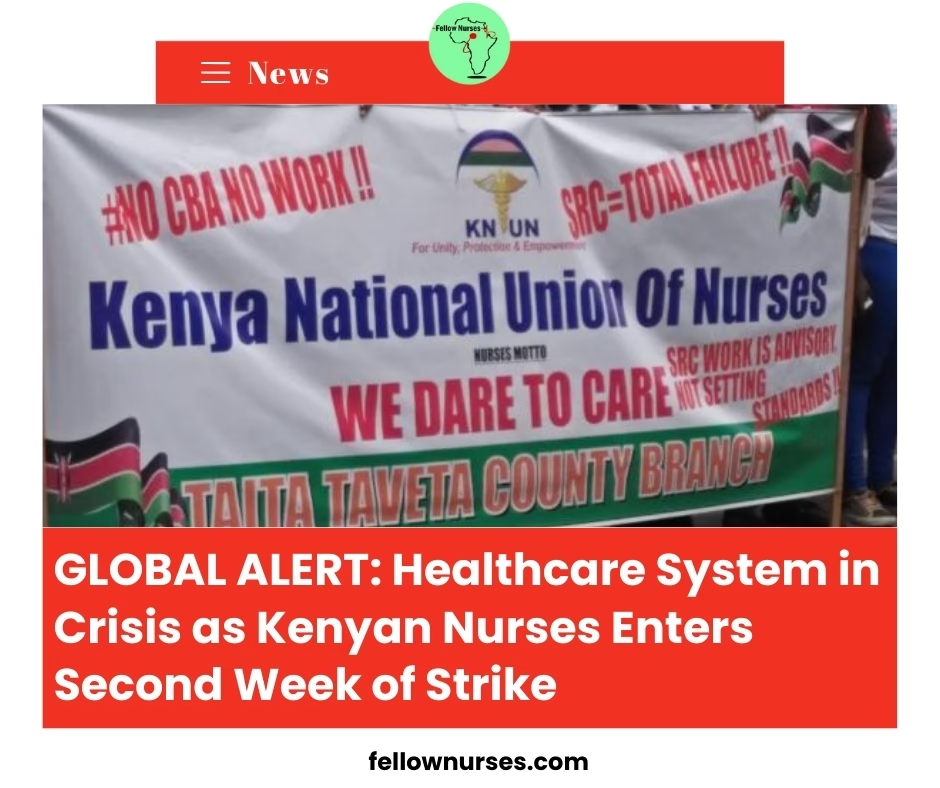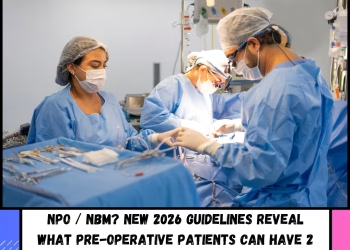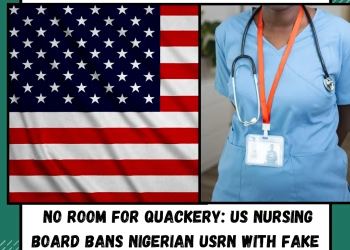Fellow Nurses Africa | Lagos, Nigeria | 19 August, 2025

Healthcare Services Paralyzed in Machakos County, Kenya
A critical healthcare crisis continues to unfold in Machakos County, Kenya, as nurses’ strike that began on August 7th, 2025 enters its second week, leaving thousands of patients without essential medical services and raising serious concerns about the state of healthcare workers’ rights across East Africa.
Strike Overview and Current Impact
The Kenya National Union of Nurses and Midwives (KNUNM) Machakos branch initiated the industrial action following failed negotiations with the county government over critical workplace issues. The nurses are demanding that the county honours the collective bargaining agreement that granted them a salary hike, while patients at healthcare facilities face unprecedented challenges accessing treatment.
The deafening silence outside the Machakos level five hospital belies the horrors suffered by patients admitted here. For days, these patients have been left to their own devices, highlighting the severe impact on vulnerable populations.
Tragic Human Cost
The strike has already claimed lives, with reports indicating a 32-year-old woman and her unborn child died under questionable circumstances at a private clinic, as the ongoing strike in all Machakos public health facilities forced patients to seek alternative care in potentially inadequate private facilities.
Government Response and Disciplinary Actions
The Machakos County Government has taken a hard stance against striking nurses. Official documentation shows the Department of Health has issued formal letters to striking nurses, stating they have “absconded duty” and threatening dismissal. The letters, signed by Chief Officer Medical Services, give nurses seven days to show cause why disciplinary action should not be taken against them.
Key Strike Demands
Based on official communications and union statements, the striking nurses are demanding:
- Implementation of Collective Bargaining Agreement (CBA): The nurses are on strike, demanding the signing and registration of the 2025-2029 Collective Bargaining Agreement (CBA)
- Salary increment compliance: Honoring previously agreed-upon wage increases
- Better working conditions: Addressing staffing shortages and equipment deficits
- Recognition of professional rights: Proper implementation of return-to-work agreements
Broader National Context
This strike is part of a larger pattern affecting Kenya’s healthcare system. Nurses across Kenya are set to down their tools from midnight on August 8, 2025, following what the Kenya National Union of Nurses and Midwives (KNUNM) terms years of neglect, broken promises, and stalled talks with county governments.
Recent reports indicate that Migori locals are in agony as nurses’ strike enters its second week, showing the crisis extends beyond Machakos County.
Government Attempts at Resolution
Despite the ongoing crisis, between February and May 2025 alone, 231 nurses across all cadres were promoted, highlighting a focus on rewarding experience and competence. An additional 42 nurses are currently in the process of being recruited, suggesting some efforts by county leadership to address nursing shortages.
International Implications
This healthcare crisis in Kenya reflects broader challenges facing healthcare systems across developing nations, where:
- Healthcare workers face poor working conditions and inadequate compensation
- Public health infrastructure struggles with chronic underfunding
- Professional healthcare workers migrate to better opportunities abroad
- Vulnerable populations bear the brunt of system failures
Current Status and Outlook
As the strike continues, negotiations between the nurses’ union and Machakos County Government remain stalled. The situation represents a critical test for Kenya’s devolved healthcare system, where county governments are responsible for health service delivery.
The international community is watching closely as this crisis unfolds, particularly given Kenya’s role as a regional healthcare hub and the potential for similar strikes to spread across East Africa.
Call for International Attention
Healthcare worker advocates are calling for:
- International media coverage to highlight the crisis
- Diplomatic pressure on Kenyan authorities to resolve the dispute
- Support for healthcare worker rights globally
- Emergency humanitarian assistance for affected patients
Moving Forward
The resolution of this crisis will require immediate action from:
- County Government: To honor collective bargaining agreements and improve working conditions
- National Government: To provide oversight and support for devolved health systems
- International Partners: To support healthcare system strengthening initiatives
- Civil Society: To advocate for patient rights and healthcare worker dignity
As this crisis continues, the international community must recognize that healthcare worker strikes in developing nations are often symptoms of deeper systemic failures that require comprehensive, long-term solutions.
This report will be updated as the situation develops.
Fellow Nurses Africa is the independent voice of African nurses. We educate, inform and support the nursing profession.










